WASHINGTON (AP) — In a flurry of phone calls with world leaders, President Donald Trump took a tough line against negotiating with North Korea as the communist country’s latest nuclear test exposed stark differences among international leaders for containing the threat. Trump’s military, diplomacy and intelligence chiefs were to brief Congress later Wednesday.
Trump stressed “now is not the time to talk to North Korea” and that “all options remain open to defend the United States and its allies,” according to a White House description of his telephone call with British Prime Minister Theresa May on Tuesday.
The readout was released shortly before Trump was to speak with Chinese President Xi Jinping, whose opinion is critical for getting the U.N. to apply tighter sanctions on North Korea, including possibly restricting China’s oil sales to its unpredictable neighbor.
Trump also discussed North Korea’s purported hydrogen bomb test with Australian Prime Minister Malcolm Turnbull. The weekend explosion was Pyongyang’s strongest-ever nuclear test and follows launches in July of an intercontinental ballistic missile that could reach the U.S. mainland. Trump and Turnbull “confirmed that their two countries will intensify joint efforts to denuclearize North Korea.”
While Trump consulted his international counterparts, Defense Secretary Jim Mattis, Secretary of State Rex Tillerson and Director of National Intelligence Dan Coats planned to hold closed-door briefings for House and Senate members on the North Korean threat.
As the Trump administration looked for partners to increase the North’s economic and diplomatic pressure, Russian President Vladimir Putin was pushing in the opposite direction. He warned against cornering Pyongyang. That sentiment is likely to be shared by Beijing, which fears a North Korean collapse on its border.
Putin said the nuclear test “flagrantly violates” international law. But he called for talks with North Korea, saying sanctions are not a solution.
Speaking after a meeting Wednesday with the president of close U.S. ally, South Korea, Putin urged support for a Russian-Chinese roadmap that seeks a North Korean nuclear freeze in exchange for the U.S. and South Korea curbing military drills. Washington rejects the proposal; Putin insisted it “offers a genuine way to defuse the tensions and a step-by-step settlement.”
“We should not give in to emotions and push Pyongyang into a corner,” Putin said. “As never before everyone should show restraint and refrain from steps leading to escalation and tensions.”
South Korean President Moon Jae-in urged Russia to back stronger sanctions on the North, including an oil cutoff, but Putin worried that such moves would hurt North Korea’s people, said Yoon Young-chan, Moon’s chief press secretary. Moon also called for a ban on overseas North Korean workers — many of them in China and Russia — who provide foreign currency to the North.
Moon, a liberal who took office in May, initially advocated a diplomatic approach on North Korea. His government has taken a harder stance as the North continued its torrid pace of weapons tests. Speaking to Russian news agency TASS on Tuesday, Moon said he believes now is not the time for talks and that the international community must increase the pressure on North Korea.
Illustrating the country’s hardening sentiment, South Korea says the U.S. military will begin adding more launchers to a contentious high-tech U.S. missile defense system in South Korea on Thursday. Although focused on deterring North Korea, China and Russia see the system as harmful to their security interests.
In separate calls Tuesday with his South Korean and Japanese counterparts, Mattis reassured the allies of America’s “ironclad” commitment to their defense. He said any threat to the U.S. and its allies would be met “with a massive, effective and overwhelming military response.”




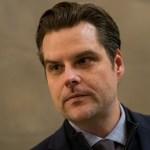
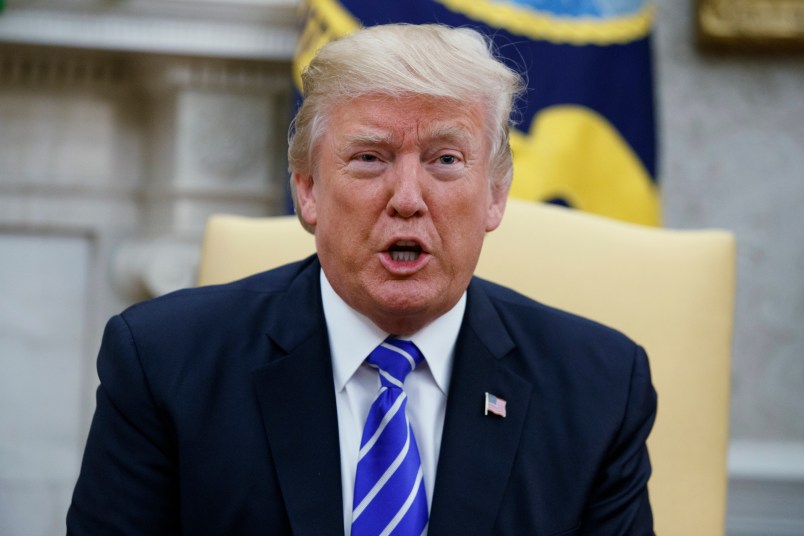
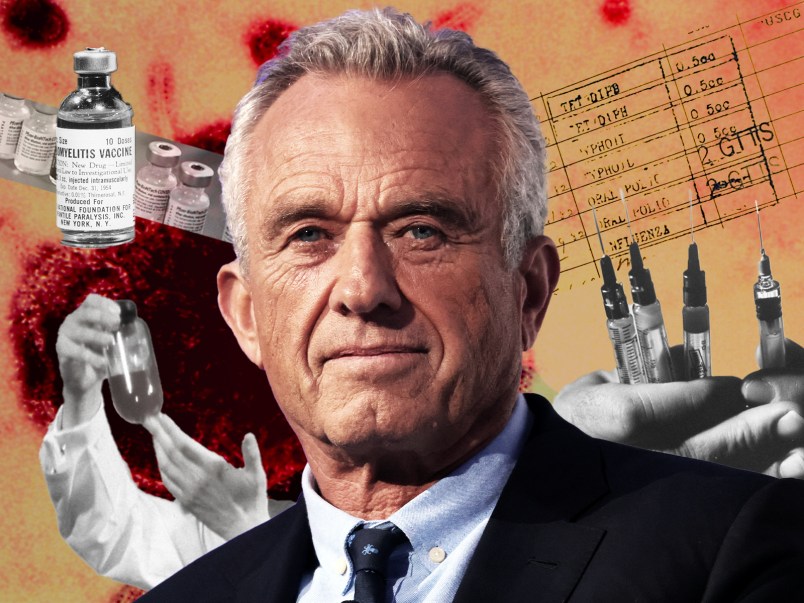
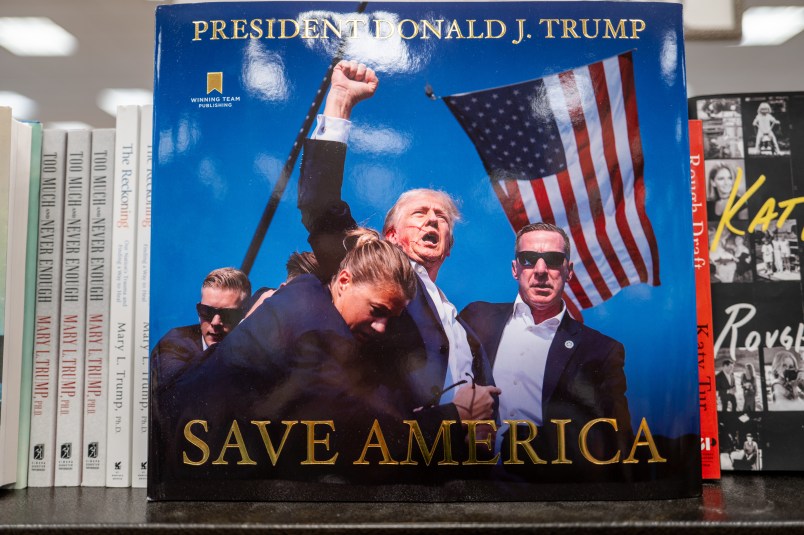
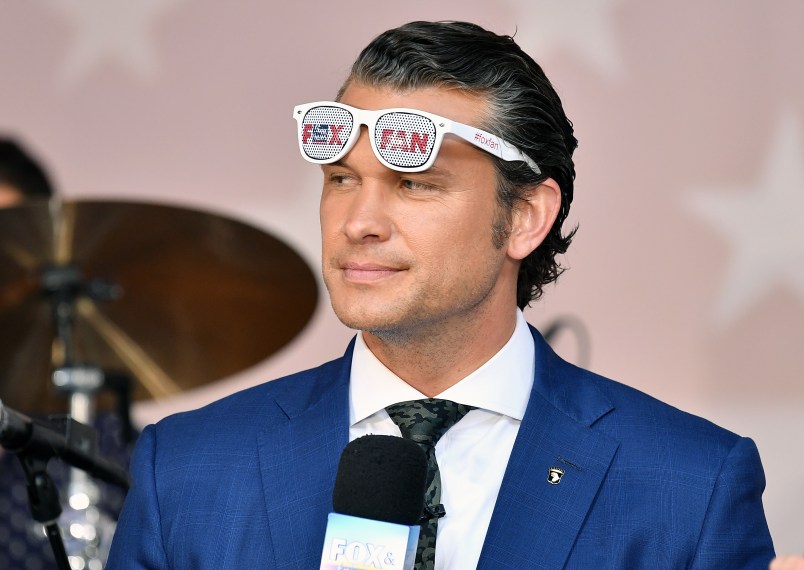
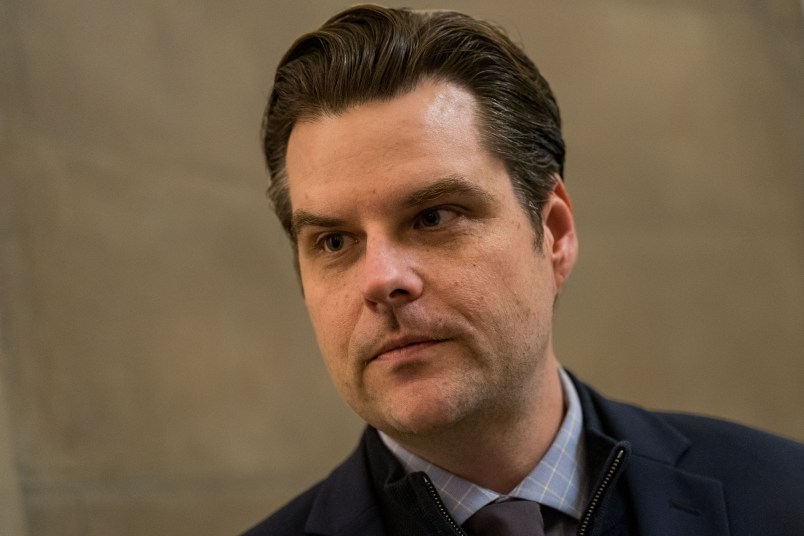
Now is exactly the time to talk to NK. Military threats are their specialty.
Well you got who you wanted asshole, deal with him please!
" I’m scratching an itch with one hand…and have the phone in the other …
Believe me … how much do you expect me to take on at one time ? ? " —